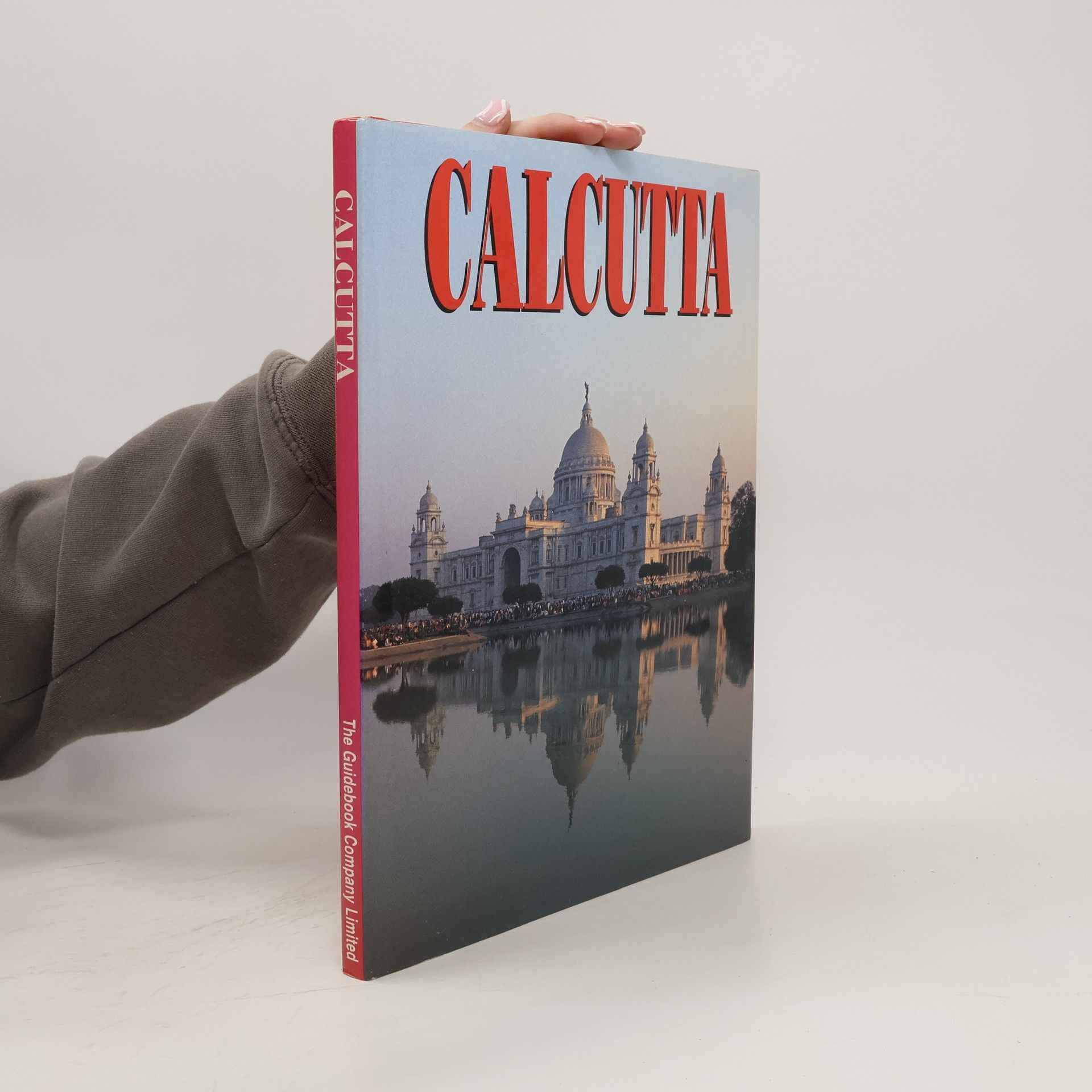Calcutta
- 96 páginas
- 4 horas de lectura



Suitable to be read for instruction as well as pleasure.
The portrayal of the 'soldier-peasant' is central to the narrative of the Revolt, emphasizing their pivotal role. Mukherjee's vivid depiction of violence combines realism with nuance, enhancing the reader's understanding of historical events. By creatively utilizing primary sources, he sheds light on significant occurrences like the Satichaura Ghat massacre and Mangal Pandey's trial. The book delves into the intricate complexities surrounding the uprising, providing a comprehensive view of its impact and significance in history.